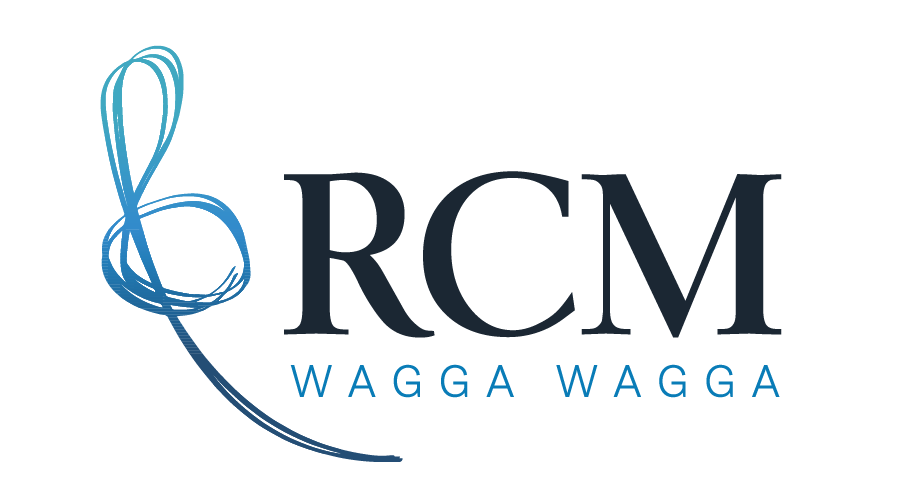

RCM Piano Department & RCM Music Theory & Aural
RCM Piano Department & RCM Music Theory & Aural
the RCM piano and music theory & aural department
The RCM Piano and Music Craft Department comprises a dedicated team of professional musicians and educators. With an emphasis on curriculum and performance outcomes, the RCM Piano Department produces countless students who progress onto careers in music and education.
The team has specialists in both beginner and advanced students and utilises the RCM's unique Music Education Curriculum to ensure all students are able to reach their potential.
RCM students are also taught utilising world class facilities with a range of grand and upright pianos also available for students to practice upon.
MUSIC THEORY & AURAL CLASSES:
BEGINNER: Beginner level theory/musicianship. This class covers the basic of theory, music reading, aural and rhythm. Best suited to younger students and beginner students up to 12 years of age.
ELEMENTARY: Elementary Level theory/musicianship. More advanced than beginners, but not reading for the intermediate level. Best suited to mid-primary aged students to mid-teens. Ages 10 to 16. This class covers Grades 1-2 and the beginning of Grade 3 AMEB theory.
INTERMEDIATE: Intermediate level theory/musicianship. Best suited to student aged 13-18 who have been playing for 3 or more years and can read well. Students of this age sitting AMEB performance exams will need to complete AMEB theory exams. This class is an intermediate class and covers Grades 2-3-4 AMEB Theory.
ADVANCED: Advanced level theory/musicianship. Is for advanced level class for students who have strong performance skills, at least Grade 5 AMEB. This course assists students to prepare for Grades 4-5-6 AMEB theory exams, which are advanced levels of theory.
HSC AURAL BASICS: Suitable for year 11 students and year 12 student who need extra revision. The class slowly covers from the basics through the concepts of music and learning to hear and write aural answers.
HSC AURAL: For year 12 students. This class assist students to develop aural skills, fix problems and practice aural exam papers.
Accompaniment
Accompaniment
Accompaniment
Most instrumental students and vocal students (with the possible exception of guitar and piano students) will require an accompanist to perform. In most cases this will involve the piano but may also include electronic accompaniment such as backing tracks.
As accompaniment requires additional and significant expertise from a pianist or arranger, there are additional costs for this service. The RCM has developed a pricing structure to keep accompaniment costs to a minimum and yet to ensure professional accompanists are remunerated proportionate to the skills and time required to prepare and rehearse with an instrumental or vocal student.
Accompaniment requires the skills of an experienced and reliable musician. Accompanists need to be able to learn the student’s music and be prepared and able to perform alongside the student at student recitals, examinations and auditions. Accompanists often have to prepare lots of music very quickly and need to be able to have music performance ready with the student in one or two rehearsals.
The success of the student’s performance may be dependent upon the capacity of the accompanist to support musically and to be capable of performing at a professional standard. Some things to remember when choosing an accompanist:
- Accompaniment parts are often significantly technically challenging and need to be practiced. It is important that you provide your accompanist with the music well in advance of the performance or examination so the music can be prepared and rehearsed.
- Accompaniment is a specialised skill and should be sourced from a professional musician where possible.
- The accompanist must know how to follow and support the student during performance despite the difficulty of his or her own music. Accompanists often “save” students during performance without the student even being aware of a problem.
- Your choice of accompanist should reflect the standard required by the instrumental or vocal repertoire being performed. Please discuss accompanist options with your teacher.
The RCM has a number of professionally trained and qualified accompanists covering every level from beginner to professional standards. If you are unsure how to choose an accompanist ask your RCM teacher or contact the Head of Keyboard at the RCM on 6925 3522. For up-to-date list of accompanists and accompaniment rates please see the Fees Tab on the RCM’s website Schedule of Fees.

